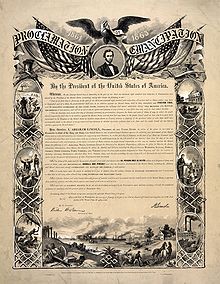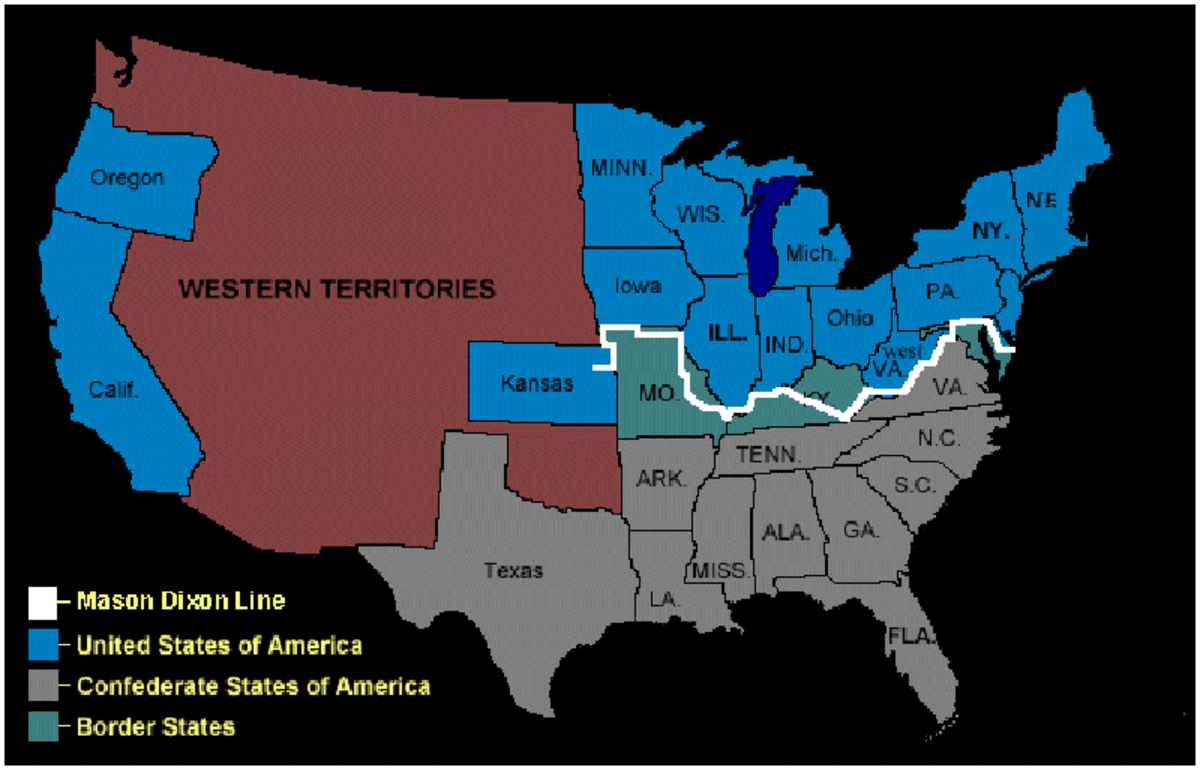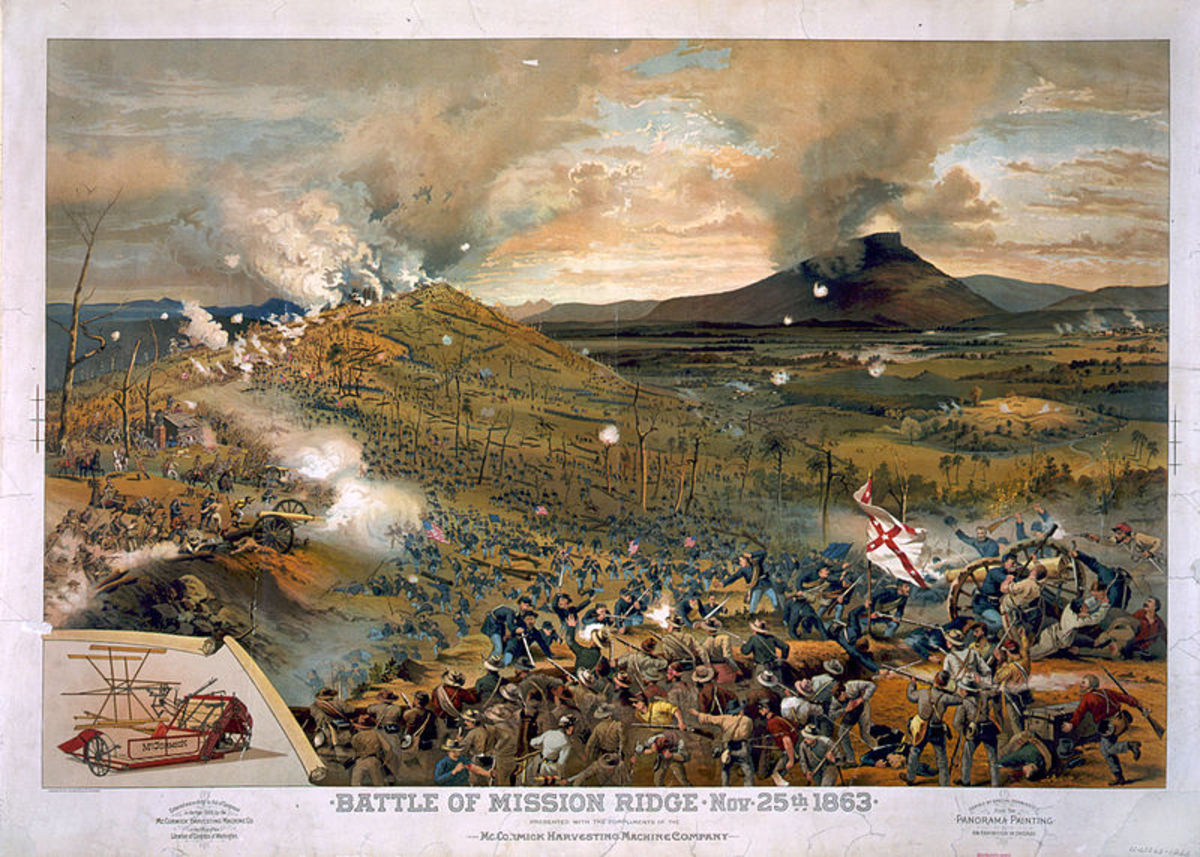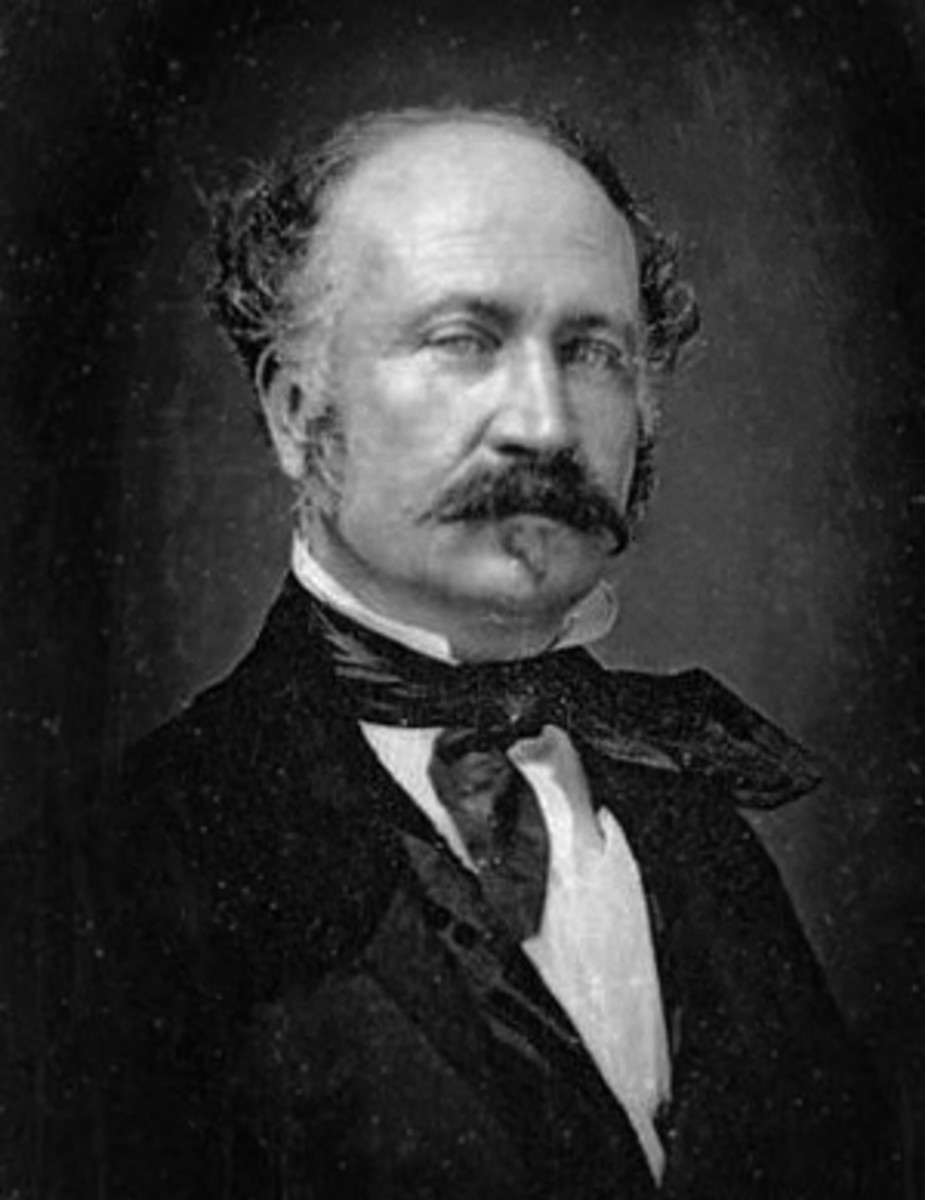- HubPages»
- Education and Science»
- History & Archaeology»
- History of the Americas
Public Opinion of Lincoln and the Emancipation Proclamation During the Civil War

If, between the months of January and March of 1863, you were to pick up a copy of The New York Times and scan its pages for the name “Lincoln,” chances are good that nearly any article you examined would somehow involve the president’s Emancipation Proclamation, issued on January 1 of that year. Chances are also good that the general tone of the article would be one of optimism and marked support for the president and his policies. This may be surprising to readers of David Herbert Donald’s biography Lincoln, which seems to portray the Northern reaction to the Emancipation Proclamation, along with the general outlook on the war during this period, as fairly pessimistic and critical once the “initial euphoria” that directly followed issuance of the preliminary proclamation had passed (379). While the New York Times’ support for Lincoln and the Union cause certainly does not refute Donald’s citations of more negative press at the time, it does indicate that the general trend indicated in his biography was not entirely universal.
On January 3, the Times published what was perhaps its most critical editorial regarding the Proclamation. The article supports the President’s constitutional right to emancipate the slaves “as a fit and necessary war measure for suppressing the rebellion” (NYT, Jan. 3, 1863, p. 4) and notes that the President takes particular care to define it as such, rather than standing on moral principles, which the paper contends he has no legal right to enforce. However, it also states a wish that the President had brought about emancipation through a military order, rather than “a Proclamation addressed to the world at large… embodying declarations and averments instead of commands” (NYT, Jan. 3, 1863, p. 3). Apparently to some of Lincoln’s contemporaries, what strikes the modern reader of the Emancipation Proclamation as a conspicuously military and non-humanitarian document seemed not to be military enough, having crossed too far into the realm of public relations to save face as an entirely practical measure intended solely to win a Union victory. The document finishes by expressing concern about the president’s naivety in recommending that the freed slaves “labor faithfully for reasonable wages,” recommending that vagrancy and mendicancy laws be enforced against them, to prevent undue idleness on the part of men unused to self-motivation (NYT, Jan. 3, 1863, p. 3). This criticism is hardly scathing, however, and after this editorial, opinions expressed in the Times take a much more positive turn, apparently following the opposite of the previously mentioned pattern described by Donald of an “initial euphoria” with the Proclamation in general Northern public opinion, followed by harsh criticism.
The months of January through March largely express support for the Lincoln administration, detailing a number of anti-slavery demonstrations, including two meetings in London, one of which was attended by Jackson, Jefferson Davis’ escaped coachman (NYT, Jan. 12, 1863, p. 1). Both meetings are described as viewing the Proclamation favorably, with the second “denounc[ing] the South as attempting to found an empire on Slavery” (NYT, Feb. 16, 1863, p. 2). Another January article, published not long after the somewhat critical editorial of January 3, admonishes the people of Kentucky to accept the Proclamation, rather than destroy the Union “because they do not think with the great majority, that the crisis demanding the choice between the two [slavery and the Union] is at hand” (NYT, Jan. 10, 1863, p. 4).
It should be noted that much of this favorable press for the Emancipation Proclamation, including the article addressing the people of Kentucky, acknowledges and responds to less favorable press from other sources, such as those described by Donald in Lincoln . If criticism like that described in Donald’s biography was not influential at the time, its refutation in the New York Times would have been completely unnecessary. One March editorial, “Constitutionalism and the War,” responds to exactly the kind of criticism that Donald writes was rampant at the time, particularly in the Midwest. Any discussion of the futility of the war effort or making peace with the Confederates was “calculated to demoralize both the people and the army,” wrote the Times, detailing arguments brought forth by such critics as Clement Vallandigham and refuting them all by standing firmly by Lincoln in the conclusion that such speech only served to weaken the Union military efforts and should be silenced (NYT, Mar. 1, 1863, p. 4). Yet another editorial, titled “What If Your Uncle Had Been Your Aunt,” takes a more humorous approach to silencing unhelpful criticism of the President, stating that any speculation about what should have been done in the past is unhelpful to the Union in facing the task at hand. “Supposing Lincoln to have swallowed his tooth-brush… and to have died of it… we are all willing, for the sake of quiet to concede that this country would now be in the enjoyment of profound peace,” writes the author in exasperation. “There is no absurd conclusion drawn from impossible or ridiculous premises that we will not accept in order to secure attention to the real business before us” (NYT, Mar. 25, 1863, p. 4).
Perhaps the best and most thorough expression of the Times’ views on dissent towards the Lincoln administration can be found in a February article entitled “Conservatives and Destructives—The Real Test.” Opening with criticism of Wendell Phillips’ speech stating that he would “accept anything on an Anti-Slavery basis,” including separation, reunification, or compromise, the editorial divides the nation into “conservatives” and “destructives,” defining “conservatives” as those concerned with conserving the Union, with or without slavery, and “destructives” as those concerned only with destruction, whether it be the destruction of slavery at the cost of the Union or the destruction of the Union in order to preserve slavery (NYT, Feb. 6, 1863, p. 4). Phillips, according to the article, was a destructive, along with anyone else whose primary concern was not, like Lincoln’s, the preservation of the Union. Thus, according to the Times, one was either a supporter of the Union to the exclusion of all other, necessarily subordinate concerns, or one was a destroyer of that Union. “Agreement here is the vital thing, the essential duty,” states the article. Instead of wasting time and fostering dissent through criticism of Lincoln’s Proclamation, true “Union men” needed to throw their support behind the administration, which was working to support the Union, their rightful chief concern.
Thus, while Donald is correct in stating that the Emancipation Proclamation met with a great deal of negative responses in the North, from those who thought that it did too much and those who thought that it did too little (Donald 379), and may have been “ridiculed in the army—causing disgust, discontent, and expressions of disloyalty to the views of the administration, amounting… to insubordination” (Donald 385), it also had its staunch supporters, such as the apparently pro-Republican, pro-Union New York Times. Reading the Times in addition to Donald’s biography provides a counterpoint to the dissenting opinions he details in describing the challenges faced by Lincoln. The presence of this counterpoint illustrates that the president did in fact have friends among the press, even in his darker hours. This friendly, pro-Union press quite possibly played an instrumental role in maintaining morale in the North, even in times of popular dissent.







